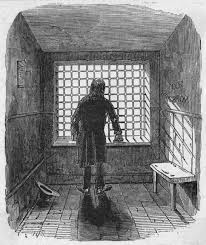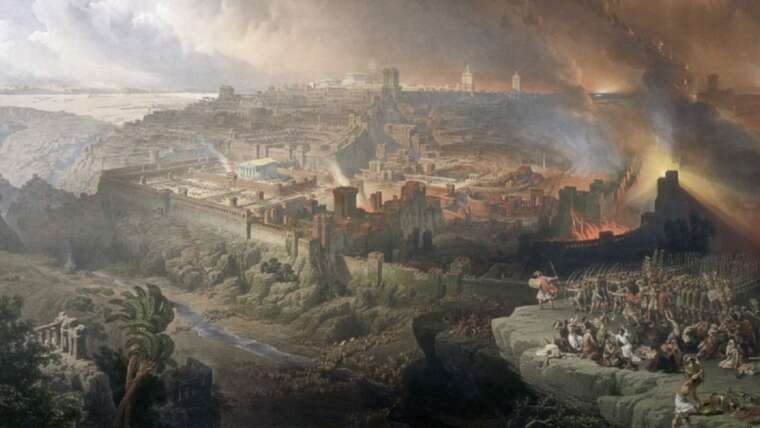Here’s an interesting thought from the Talmudic tractate Bava Kama (a work highlighting the Jewish laws relating to damages). In a discussion focusing primarily on the obligations a private individual has to the public vis-a-vis the disposal of his personal property, a beautiful environmental lesson is offered. The particular law in question is the prohibition against this individual tossing rocks or other dangerous items from his private domain into the public domain. The reason for this law is fairly obvious; his property might cause damage to a passer by. And if in fact that happened, and a passer by was injured – let’s say by tripping over the rock – then this individual would indeed be obligated to pay the damages associated with that fall.
The Talmud then tells a story about a certain individual who threw some rocks from his private property into the public domain. A certain Hasid came by and told him he shouldn’t do that, not just because it was wrong and might harm others – as we discussed above – but also because it was self-defeating. “Why are you throwing something from the public domain into your private domain?” The violator was perplexed: “You mean from my private domain into the public domain, don’t you?” No, replied the Hasid, I meant what I said – from the public into the private. The violator dismissed the Hasid’s words and walked away confused. Some time later, though, he recalled his words – and unfortunately understood them too well as prophetic. Due to a change in fortune and an economic downturn, he was forced to sell his private field. Shortly thereafter he was walking the public streets and accidentally tripped over a rock and hurt himself. To his surprise, he recognized the rock as one he might have thrown into the public domain from his private domain in his previous life as a property owner. The irony was not lost on him. He realized the validity of the Hasid’s words, understanding that what we consider our private property is not necessarily always going to remain so. We may have to sell it, or we may lose control of it for some other reason. In a sense then, yes, it is like public property, certainly not just my own private domain. And when things go bad, and I lose all my private property, sometimes the only thing that I can still call my own in some way is the public property around me which I am allowed to use. Even if I’m dirt poor and don’t own anything, at least I can walk in and enjoy the public domain. So, thought the violator, the words of the Hasid do make sense after all.
After reading this story it struck me that it contains a fundamental value of the environmental movement. We often think that we can do whatever we want without consequence. But, of course, that is not true. If we pollute the land around us, it is foolish to think we can simply hide in our own non-polluted property and enjoy it without any problems. The pollution we sent out into the world eventually will effect our lives; that world, after all, is ‘our’ property as well. In fact, it’s all we’ve got. The Talmud is teaching this same point. Realize, it is saying, that the person’s life you might be saving when you act responsibly to the outside world might just be yours.



